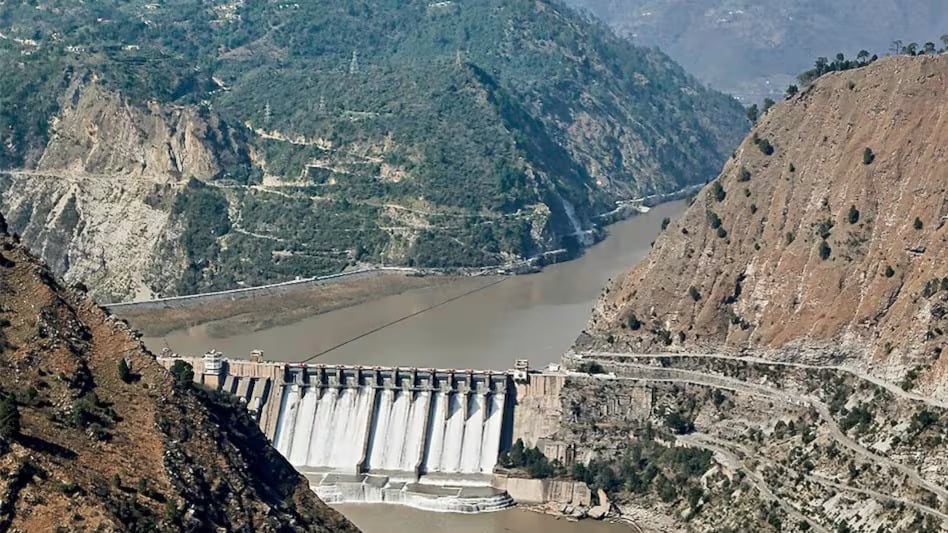After days of intense military exchanges, India and Pakistan have agreed to a ceasefire along the Line of Control (LoC), effective from 5 PM IST on Saturday. The move marks a temporary de-escalation in the ongoing conflict between the two nuclear-armed neighbors, following a communication between the Directors General of Military Operations (DGMO) of both nations. Despite this step toward peace, the suspension of the Indus Waters Treaty remains a major point of contention, with both nations on edge over unresolved issues.
According to sources from India’s Ministry of External Affairs (MEA), the ceasefire agreement was reached without any pre-conditions and came after direct communication between Indian and Pakistani military officials. While the United States has claimed a role in facilitating the talks, India’s Foreign Secretary Vikram Misri emphasized that the ceasefire was a bilateral arrangement. The two countries are set to meet again on May 12 to discuss a broader range of issues, with the possibility of further steps toward de-escalation.
The latest round of hostilities began after a deadly terror attack in Pahalgam, Kashmir on April 22, 2025, which resulted in the deaths of 26 civilians. India attributed the attack to Pakistan-based terrorist groups, a claim that Pakistan has denied. In response, India took significant steps, including the suspension of the Indus Waters Treaty on April 23, 2025, which governs the allocation of water from the Indus River system. India’s decision to halt the flow of water from the Ravi River into Pakistan in March 2025 had already strained relations, and the treaty’s suspension has exacerbated tensions, with Islamabad reporting a drastic 90% reduction in water supply from the Chenab River.
The ceasefire follows escalating military actions earlier in May. On May 7, India conducted airstrikes on nine military targets in Pakistan-administered Kashmir and Punjab, including several Pakistani air bases. Pakistan responded with strikes on 26 Indian military and civilian sites, resulting in casualties on both sides. India claimed to have successfully neutralized key Pakistani military assets, including air defense systems, while Pakistan reported at least 10 civilian casualties from Indian shelling.
Despite the ceasefire, the Indus Waters Treaty remains suspended, with no clear timeline for its reinstatement. India has reiterated that the treaty’s suspension is tied to national security concerns, particularly Pakistan’s alleged support for terrorism. The MEA emphasized that India’s stance on terrorism remains unchanged and called on Pakistan to take meaningful action against terrorist infrastructure within its borders.
The temporary ceasefire, which has been more of an informal arrangement than a formal agreement in the past, offers a brief respite in a region long marked by conflict. It remains to be seen whether this pause will lead to lasting peace or if the underlying issues—particularly the unresolved Kashmir dispute, terrorism, and water rights—will lead to renewed tensions.
As the two nations prepare for further talks, the international community is closely monitoring the situation. The United States has expressed hope that the ceasefire could open the door to broader dialogue, but analysts caution that resolving the deep-rooted issues between India and Pakistan will require sustained diplomatic efforts.













